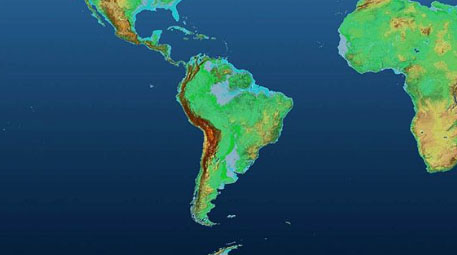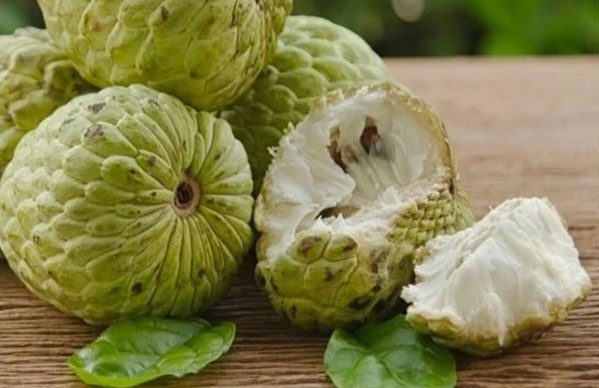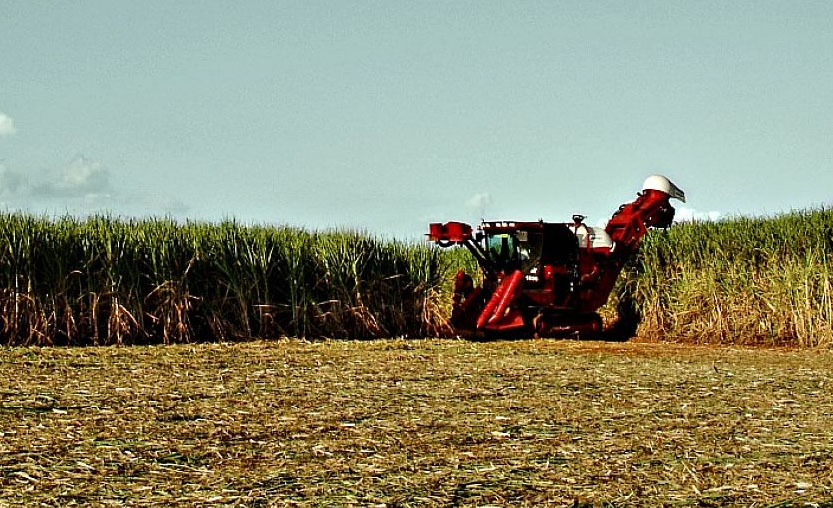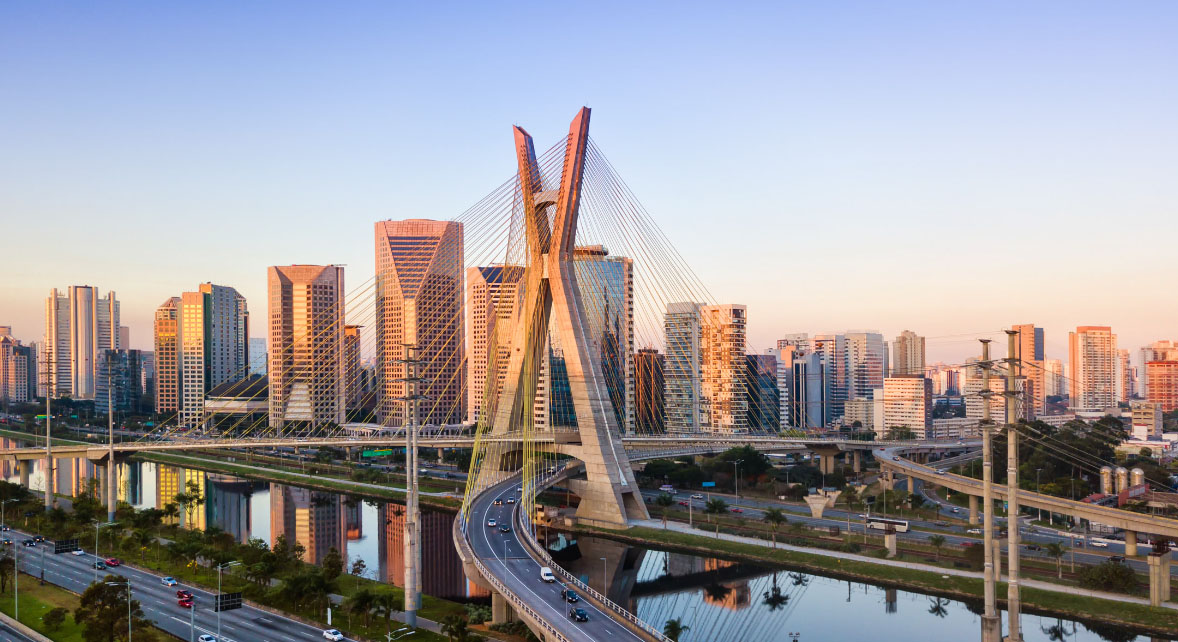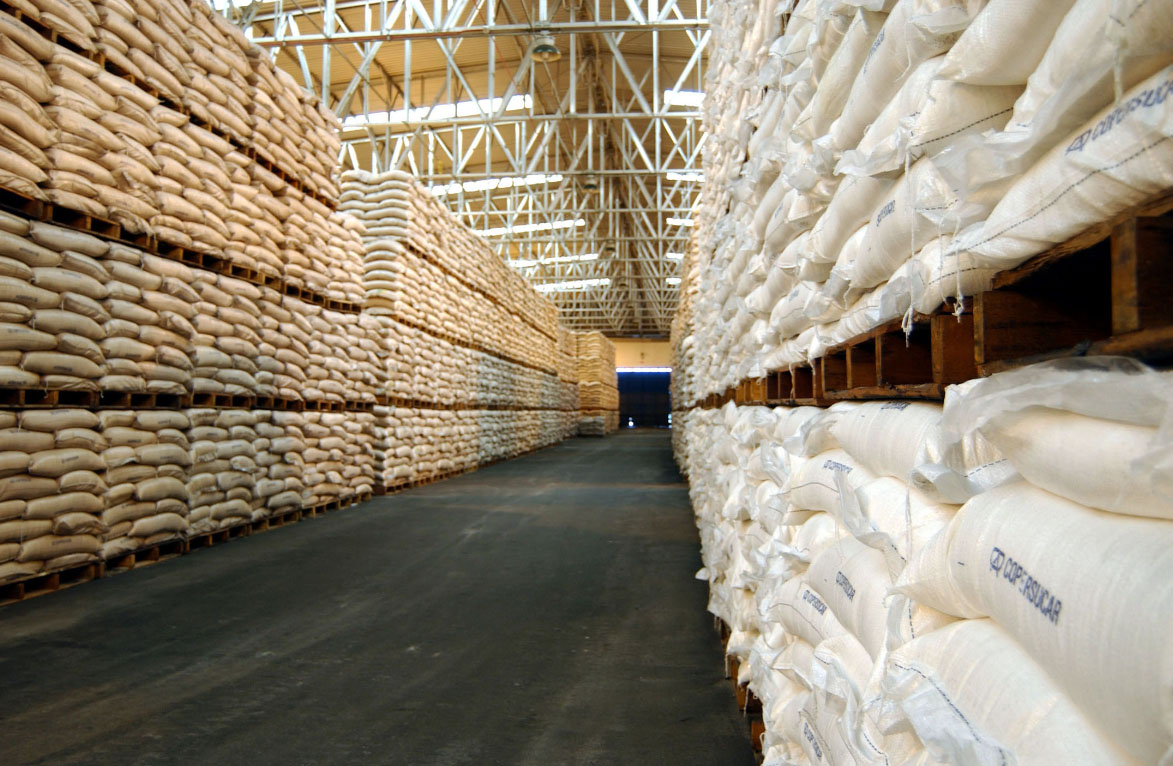Sugar, a
sweet delight enjoyed worldwide, has a rich history that spans across various
countries and cultures. Have you ever wondered where sugar comes from? In this
blog post, we’ll embark on a journey to explore the countries where sugar is
produced, tracing the roots of this beloved ingredient and understanding how
each region contributes to the global supply.
Brazil –
The Sugar Giant
Brazil is
synonymous with sugarcane and sugar production. This South American giant is
the world’s largest producer and exporter of sugar. The country’s tropical
climate, fertile soil, and extensive sugarcane plantations make it an ideal
location for sugar cultivation. Brazilian sugar is celebrated for its quality
and versatility, used in a wide range of products from confectionery to biofuels.
India – The
Origin of Sugarcane
India holds
the distinction of being the birthplace of sugarcane cultivation, dating back
to around 350 CE. The subcontinent remains a significant producer of sugar,
with sugarcane being a vital crop in various states. India’s sugar industry has
seen modernization and growth, contributing substantially to the country’s
economy.
China – The
Emerging Sugar Powerhouse
China has
emerged as a major player in the global sugar market. Its vast agricultural
lands and increasing investments in sugarcane production have propelled it to
become one of the world’s top sugar producers. China’s sugar industry continues
to evolve, with modernization and sustainability practices taking center stage.
Thailand –
Sweet Success in Southeast Asia
Thailand’s
tropical climate and fertile lands have made it a prime location for sugarcane
cultivation. The country consistently ranks among the top sugar producers
globally, exporting a significant portion of its sugar to international
markets. Thai sugar is known for its high quality and plays a crucial role in
meeting global sugar demands.
United
States – From Sugar Beets to Cane
In the
United States, sugar is produced from two primary sources: sugarcane in states
like Florida, Louisiana, and Texas, and sugar beets in states such as North
Dakota and Minnesota. These regions benefit from varied climates and
agricultural expertise, contributing to the nation’s self-sufficiency in sugar
production.
European
Union – Beet Sugar Power
Several
countries within the European Union, including France, Germany, and the
Netherlands, are significant producers of sugar from sugar beets. The EU’s
sugar industry is known for its high standards and stringent regulations,
ensuring quality and sustainability.
Conclusion
Sugar’s
journey from cane to table involves a global network of countries, each playing
a unique role in its production. Whether it’s the vast sugarcane fields of
Brazil, the ancient traditions of India, the emerging powerhouse of China, or
the modernity of Europe and the United States, every region contributes to the
global supply of this sweet staple.
Understanding
where sugar comes from adds depth to our appreciation of this versatile and
cherished ingredient.

